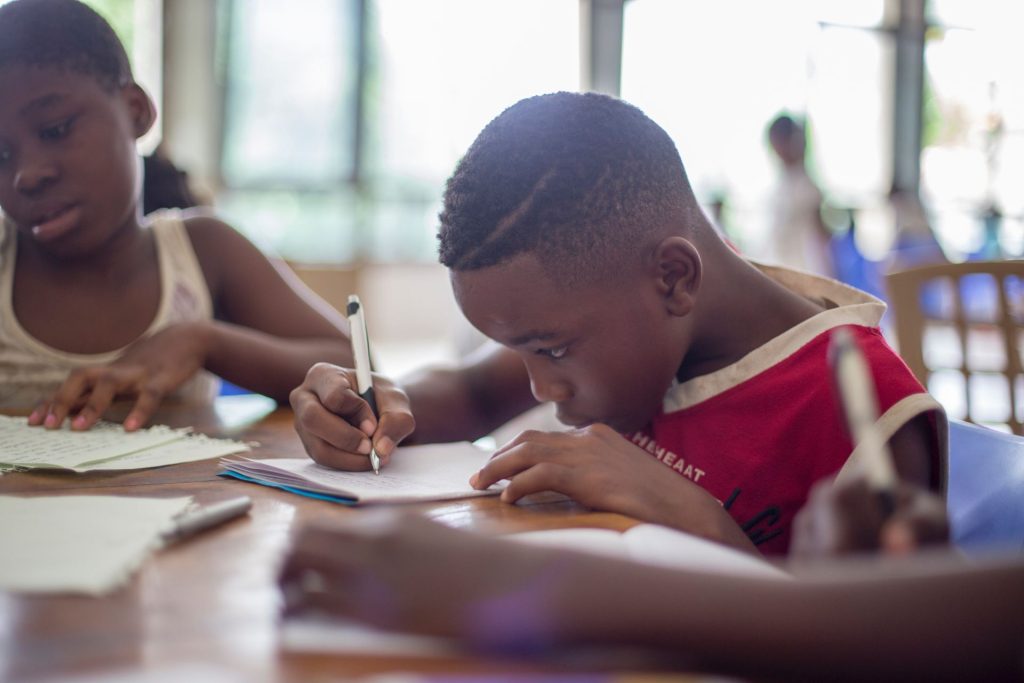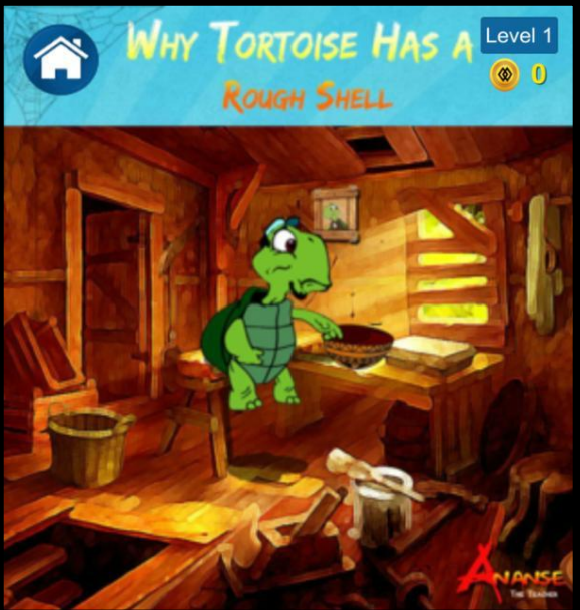Undergraduate Offer Holder Days
By Medical Physics and Biomedical Engineering, on 2 May 2023
 Choosing the right university can often be harder than choosing your course itself. Which university has the best facilities? The best support? The friendliest environment? The most convenient travel routes? And most importantly – which university is closest to the best food spots?
Choosing the right university can often be harder than choosing your course itself. Which university has the best facilities? The best support? The friendliest environment? The most convenient travel routes? And most importantly – which university is closest to the best food spots?
The UCL Medical Physics & Biomedical Engineering (MPBE) Offer-Holder Day is back again this year – and it is here to answer all of your questions! The opportunity to learn more about the courses I was considering was certainly a valuable one – especially given how indecisive I am in general. The event included talks and presentations from faculty members and current students, which provided valuable insight into the curriculum, teaching style, and research opportunities available.

 Academia aside, the campus tour – led by current students – was the perfect chance to explore the facilities available and find out the best study spots, libraries and cafes available on campus. I was able to get a sense of the social life at UCL, the support services available to students, and the opportunities for extracurricular activities. Perhaps what stood out the most to me was how welcoming the students leading my tour were – and is ultimately what invited me back to study at UCL full-time.
Academia aside, the campus tour – led by current students – was the perfect chance to explore the facilities available and find out the best study spots, libraries and cafes available on campus. I was able to get a sense of the social life at UCL, the support services available to students, and the opportunities for extracurricular activities. Perhaps what stood out the most to me was how welcoming the students leading my tour were – and is ultimately what invited me back to study at UCL full-time.
 Finally, attending the Offer-Holder Day gave me the opportunity to meet other prospective students and make new friends. University can be a daunting experience, especially if you’re moving to a new city or country. Meeting other students who were in the same position as me helped me to feel more connected to the university community and gave me a great sense of friendship and support.
Finally, attending the Offer-Holder Day gave me the opportunity to meet other prospective students and make new friends. University can be a daunting experience, especially if you’re moving to a new city or country. Meeting other students who were in the same position as me helped me to feel more connected to the university community and gave me a great sense of friendship and support.

 If you were considering going to the UCL MPBE Offer-Holder Day, let me make that decision for you – do it! There is so much more to see than what is available on a website or prospectus. The Offer-Holder Day is such a great opportunity to have all of your questions answered by students as well as staff, to get an understanding of the campus vibe, and to make new friends – friends who you may just end up going to lectures with come October.
If you were considering going to the UCL MPBE Offer-Holder Day, let me make that decision for you – do it! There is so much more to see than what is available on a website or prospectus. The Offer-Holder Day is such a great opportunity to have all of your questions answered by students as well as staff, to get an understanding of the campus vibe, and to make new friends – friends who you may just end up going to lectures with come October.
You can view more pictures from the May 2022 Offer Holder Day here >>>
This blog was written by Saarah, Medical Physics
 Close
Close


 The experience I had working with
The experience I had working with 
 Throughout the placement, we had multiple extracurricular activities from the team at Young at Heart. We learnt about a variety of topics from business to pitch training to career journeys. It was very insightful as listening to others about their career journey is at the same time further educating yourself. They gave advice such as “Don’t be afraid to step outside your comfort zone as you never know if you don’t try.” If you try you may discover new opportunities that may peak your interest! We also had discussions and interactive conversations with the co-founder at Young at Heart, Martin Bruce. Martin gave us two videos to watch. Both videos are pitches at the Royal Academy of Engineering. We then stated the differences both good and bad, the takeaways and the key points. It was very interesting as judging from a different perspective, and we learnt so much more about elevating your pitch and starting with a purpose at the very beginning. Lastly, we had an engaging conversation about our career journeys with other remote fellows and Martin, what we envision doing in the future etc. Biggest takeaway: What you study doesn’t mean what you will do in the future as a career. Your interests may change from time to time and that is okay. University is for you to explore what you like and what you don’t like until you find what is your purpose. These quotes will be on my mind when I am having career troubles in the future.
Throughout the placement, we had multiple extracurricular activities from the team at Young at Heart. We learnt about a variety of topics from business to pitch training to career journeys. It was very insightful as listening to others about their career journey is at the same time further educating yourself. They gave advice such as “Don’t be afraid to step outside your comfort zone as you never know if you don’t try.” If you try you may discover new opportunities that may peak your interest! We also had discussions and interactive conversations with the co-founder at Young at Heart, Martin Bruce. Martin gave us two videos to watch. Both videos are pitches at the Royal Academy of Engineering. We then stated the differences both good and bad, the takeaways and the key points. It was very interesting as judging from a different perspective, and we learnt so much more about elevating your pitch and starting with a purpose at the very beginning. Lastly, we had an engaging conversation about our career journeys with other remote fellows and Martin, what we envision doing in the future etc. Biggest takeaway: What you study doesn’t mean what you will do in the future as a career. Your interests may change from time to time and that is okay. University is for you to explore what you like and what you don’t like until you find what is your purpose. These quotes will be on my mind when I am having career troubles in the future. My first year at UCL has officially come to an end and I can’t believe how fast these a-little-less-than-ten-months went by!
My first year at UCL has officially come to an end and I can’t believe how fast these a-little-less-than-ten-months went by!
 When I applied to university, I could picture myself doing the big things. Going to interesting lectures and doing exciting projects, exploring all that London has to offer during day and night; and making a lot of friends. But what I didn’t pause to think about, which I reckon is the case for most prospective students, is what my routine would look like. So, what would a normal day in the life of a 19-year-old Biomedical Engineering student look like?
When I applied to university, I could picture myself doing the big things. Going to interesting lectures and doing exciting projects, exploring all that London has to offer during day and night; and making a lot of friends. But what I didn’t pause to think about, which I reckon is the case for most prospective students, is what my routine would look like. So, what would a normal day in the life of a 19-year-old Biomedical Engineering student look like?


